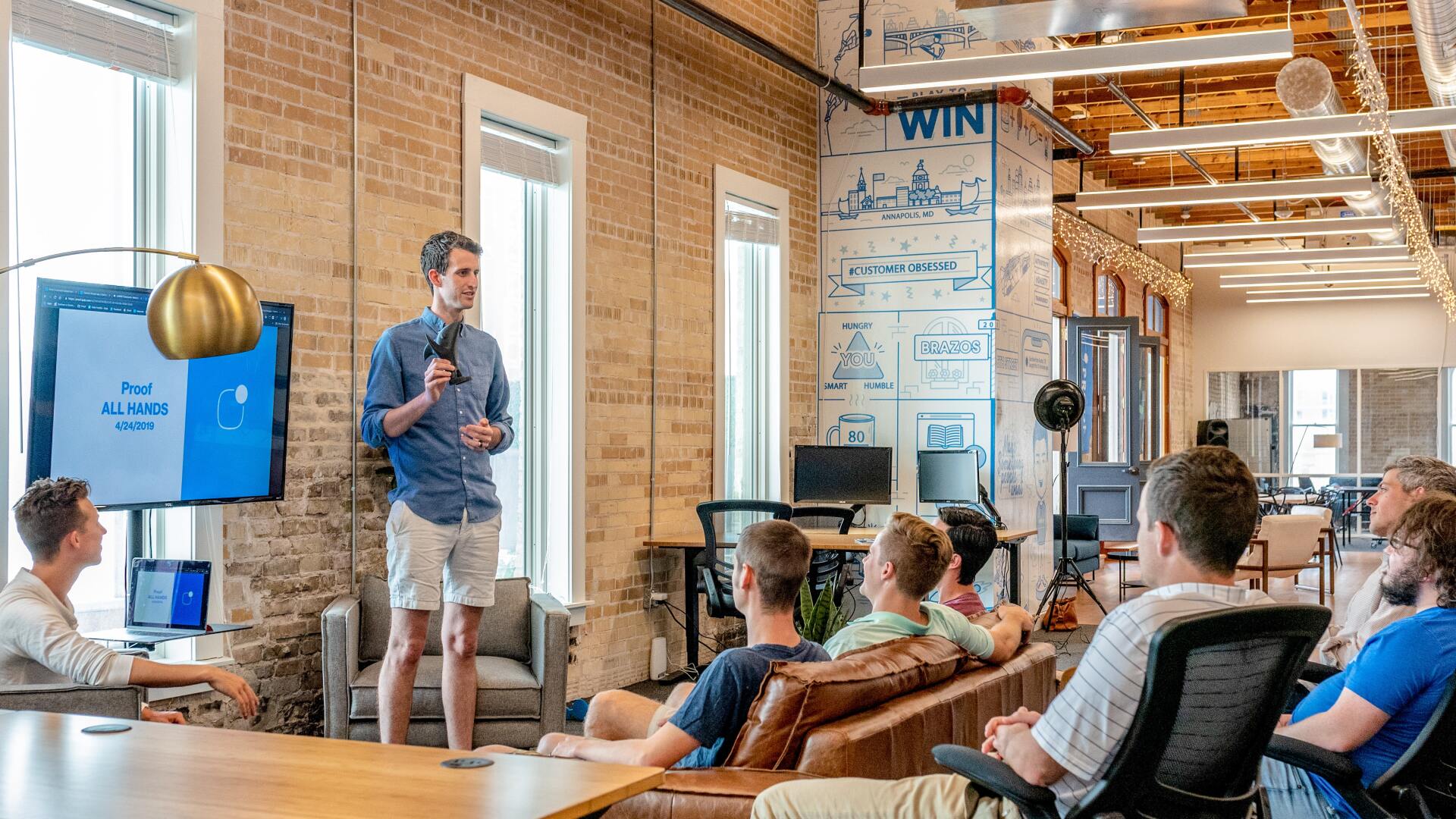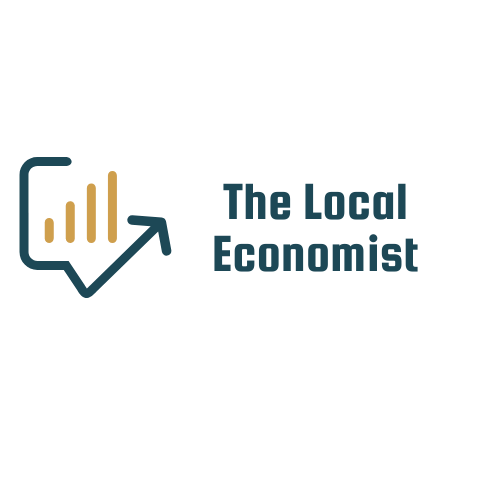Remote Workers Offered Relocation Bonuses in Small Town America Vote with Their Feet
The Work From Home Revolution
‘Work from home,’ ‘remote work,’ and ‘digital nomad’ quickly became popular terms after COVID-19 pandemic policies forced people to stay at home. These terms describe the increasingly popular shift in the labor force from in-office work to working from anywhere, which was made possible by advancements in digital communications technologies. Many jobs that used to require a worker to go into an office, sit at a desk with a computer, and go to meetings with colleagues have pivoted to partly or fully online. Those who have had a taste of remote work are also pressuring employers to make the change permanent and some workers have even left jobs because they do not allow them to stay remote.
The Small Town Approach
During this transition, a number of small towns and cities across the U.S. have put forth initiatives to offer relocation bonuses for people to move in as remote workers. Most notably, these are places that are usually overshadowed by the more popular and more expensive large cities like New York and Los Angeles.
A couple of the most generous rewards that are valued at more than $20,000 are offered in West Virginia. Lewisburg, Morgantown, the Greenbier Valley, and the Eastern Panhandle are some of the places in the state that are putting up $12,000 in addition to access to complimentary outdoor gear rentals, co-working spaces, and social networking events in order to attract those who are working remotely and employed full-time outside of West Virgina.
This is a niche scene that has emerged among some small towns and cities in the country that have experienced a decline in recent decades and are seeking to reinvigorate their communal economies. For these alternative urban areas, this is a bet placed on the expectation that an injection of new faces and new talent will set them up for success further into the future.
Benefits Beyond Economic Activity
New residents drawn from different parts of the country may not only spark economic activity, but also provide an opportunity for social renewal. Many of these programs include a social programming dimension. The West Virginia examples include benefits to enjoy outdoor activities and organized community gatherings. One offer in Greensburg, Indiana even offers ‘grandparents on-demand’ to match local senior citizens to babysit children in addition to passes to see plays at the local theater.
For the more adventurous types in the white collar worker space, this presents an opportunity to explore places to live that are off the beaten path that have much lower costs of living, lower population densities, and large bonus sums in addition to the higher than average salaries associated with the types of jobs that have gone remote. The small towns and cities themselves may also experience noticeable changes depending on how successful and popular these programs end up becoming. Like in any migration wave, positive and productive outcomes will depend on how effective the newcomers integrate locally.
The coastal cities that have traditionally attracted middle and higher income workers have become less attractive in recent years because of higher taxes, and social and political tensions. For now, it appears that the scale of these programs will allow for these small towns and cities to dip their toes into a new pool of people to contribute to their communities. Those who apply and take part in these programs are indicative of people voting with their feet, with the freedom to say no to the coastal norms and move where they will be treated better socially and economically.
The Local Economist
Your Home for Entrepreneurial News, Local Business Spotlights, and Trends that Matter
join the newsletter
Recent Posts







Share This...







